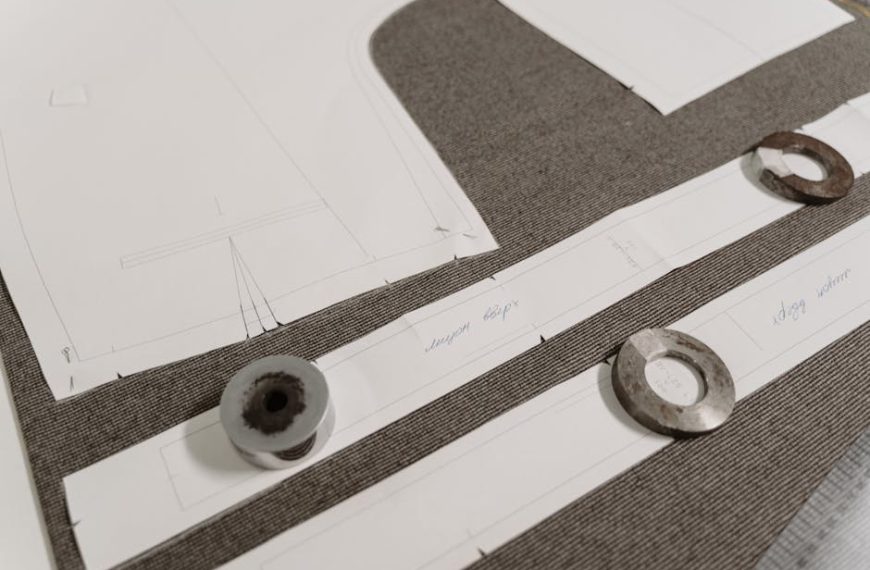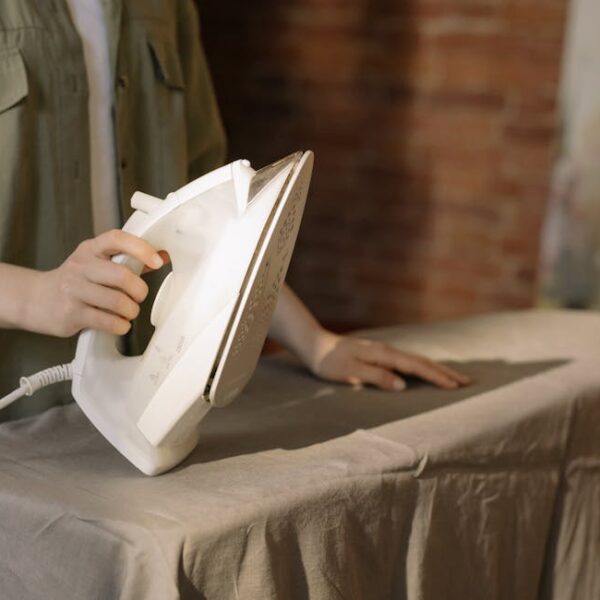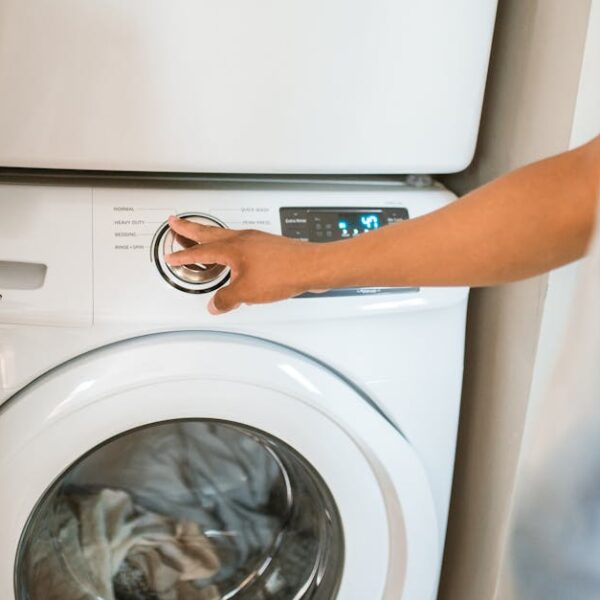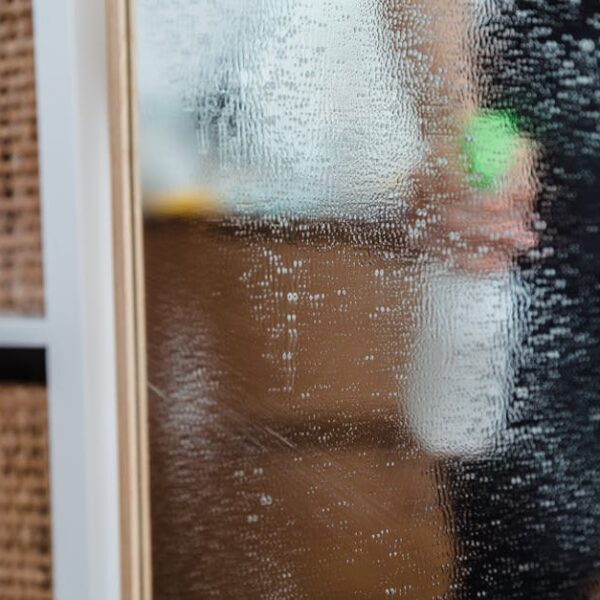Undertaking a tile project is usually a messy task, often leaving you with a bucketful of dirty grout water. Responsible and proper disposal of this waste can save you from environmental or potential legal issues. This article aims to provide the best methods and tips for the disposal of your dirty grout water, as well as outlining alternatives and key government regulations to consider.
Why Grout Water Disposal Matters
The importance of proper grout water disposal often goes unnoticed until faced with the alarming environmental effects of inadequate handling. When improperly disposed of, grout water finds its way into our waterways and soil. Not only does this potentially contaminate the local water source, but it also adversely affects aquatic life and other essential organisms that thrive in these systems.
Dirty grout water can:
- Contribute to water pollution.
- Cause significant damage to public and private infrastructures, like pipelines and septic systems.
- Lead to soil contamination.
- Disturb delicate ecosystems by altering the pH of the water and soil.
Pro Tip: Awareness and responsible practices can go a long way toward preserving the environment. Ethical disposal of construction materials such as grout water should be the norm, not an exception.
Where Not to Dump Grout Water
Negligence in choosing disposal sites for grout water can have significant ecological consequences, including upsetting local wildlife habitats and damaging residential and city infrastructures.
Places to avoid when dumping grout water include:
- Toilets: Disposing of grout water in a toilet can lead to potential blockage, resulting in extensive plumbing repairs.
- Sinks: Similar to toilets, sinks are not designed to handle such materials and can become clogged.
- Storm Drains: Dumping grout water in storm drains is environmentally hostile; this water eventually reaches rivers and lakes, leading to pollution.
- Natural bodies of water: Direct disposal into rivers, lakes, or oceans can affect marine life due to the drastic pH change it can induce.
Comparison Table:
| Improper Disposal | Proper Disposal |
|---|---|
| Risks infrastructure damage and high repair costs. | Serves to protect your property and city’s infrastructures. |
| Directly contributes to environmental pollution. | Conserves biological diversity. |
| Potential for legal consequences. | Ensures compliance with environmental regulations. |
Best Method for Grout Water Disposal
The best method of disposing of grout water is both effective and considerate to the environment. Instead of hastily pouring it down the nearest drain, adopting a different approach can save you from unnecessary headaches. The suggested method involves allowing the grout to settle before disposal. So, leave the unused grout water undisturbed overnight to separate the water from the grout particles. The hardened grout can then be safely disposed of, leaving you with clean water. Here’s a step-by-step guide:
- After finishing your grout work, leave the bucket undisturbed to allow the grout to settle at the bottom.
- Once the grout has settled, carefully decant the clear water at the top.
- Dispose of the clean water in a safe location such as a flower bed, lawn, or drain, causing no harm to the environment or infrastructure.
- The remaining solidified grout at the bottom can be disposed of in your regular trash. Make sure to place it in a sturdy bag to prevent leakage.
Pro Tip: Got leftover grout water? Leave it to settle, then remove the hardened grout. You can use the remaining clean water for your next batch of grout, or for watering plants!
Can Unclogging My Toilet with Washing Up Liquid Create Issues with Dirty Grout Water Disposal?
Using washing up liquid to unclog your toilet can seem like a quick fix, but it may lead to issues with dirty grout water disposal. If the liquid mixes with other chemical cleaners in your pipes, it can create harmful reactions and worsen blockages. Always consider safer alternatives to unclog your toilet.
Alternative Options for Grout Water Disposal
While the above method is the most common and convenient, there are other alternatives for those who don’t have the time or space to let the grout water settle.
- Recycling Facilities: Some facilities accept used grout water where it can be treated and reused in a proper way. Contact your local recycling center to see if they offer this service.
- Professional Waste Disposal Services: A professional waste management company knows exactly how to handle and dispose of grout water. They may charge a fee, but will give you peace of mind about meeting all legal requirements.
Best Practice: Using a filter bag is one of the best practices when it comes to disposing of grout water. Pouring the water through this bag will filter out the solid particles, leaving only clean water that can be safely disposed of.
Comparison Table:
| Method | Cost | Eco-Friendly Score |
|---|---|---|
| Settling and Disposal at Home | No additional cost | High |
| Recycling Facility | Varying cost | High |
| Professional Waste Disposal Services | High | High |
Government Regulations and Guidelines
Government regulations about waste disposal exist for a reason. Not only are they designed to preserve our environment, but they also serve to maintain public health and safety. Failing to adhere to these regulations can result in significant fines or even legal action.
The benefits of following governmental regulations far outweigh the potential penalties of non-compliance:
- Pros: Avoid fines and legal action, safeguard the environment, protect public health, save on repair costs.
- Cons: Potential fines, potential damage to reputation, potential legal action.
Pro Tip: Consult your local government’s website, or contact your local environmental protection agency for specifics on grout water disposal in your area. If you’re still unsure about how to correctly dispose of grout water, consider consulting with a waste disposal expert.
Key Takeaway:
- Improper disposal of grout water can cause serious environmental damage, such as water and soil pollution as well as damage to infrastructures.
- Grout water should never be dumped down toilets, sinks or storm drains, or directly into natural bodies of water.
- The best method for grout water disposal involves letting the grout settle, decanting the clear water, and disposing of the hardened grout in the trash.
- Alternatives include using recycling facilities or professional waste disposal services, which know how to handle grout water correctly.
- There can be serious consequences for not following governmental regulations and guidelines for grout water disposal.
Caring for the environment often requires a bit more effort, but the benefits are worth it. By practicing responsible grout water disposal, we’re not only looking after nature but also avoiding potential fines or legal challenges. Let’s be more conscious of how even small acts, like how we dispose of dirty grout water, can have significant impacts on our surroundings.
FAQs
Q: Is grout water considered hazardous waste?
A: While grout water isn’t typically classified as hazardous waste, it can still cause environmental damage if not disposed of correctly. Consult your local regulations for more specific information.
Q: Why can’t I pour grout water down the sink or toilet?
A: Pouring grout water down the sink or toilet can lead to blockages and high plumbing repair costs, plus it results in the grout water eventually reaching natural bodies of water and causing pollution.
Q: What if my local recycling facility doesn’t accept grout water?
A: If your local recycling center does not accept grout water, consider hiring a professional waste disposal service. They have the expertise and resources to safely discard of such materials.
Q: How much time does it take for the grout to settle at the bottom of the bucket?
A: The time for grout to settle can vary, but generally, leaving it undisturbed overnight should be sufficient for the grout to settle at the bottom.
Q: Can grout water be reused?
A: Yes, if you allow the grout to settle and then decant the clear water, it can be reused – for another batch of grout, watering plants, etc.
Remember to share this article with others who might find it helpful and browse more of our posts for other helpful tips and guides.












